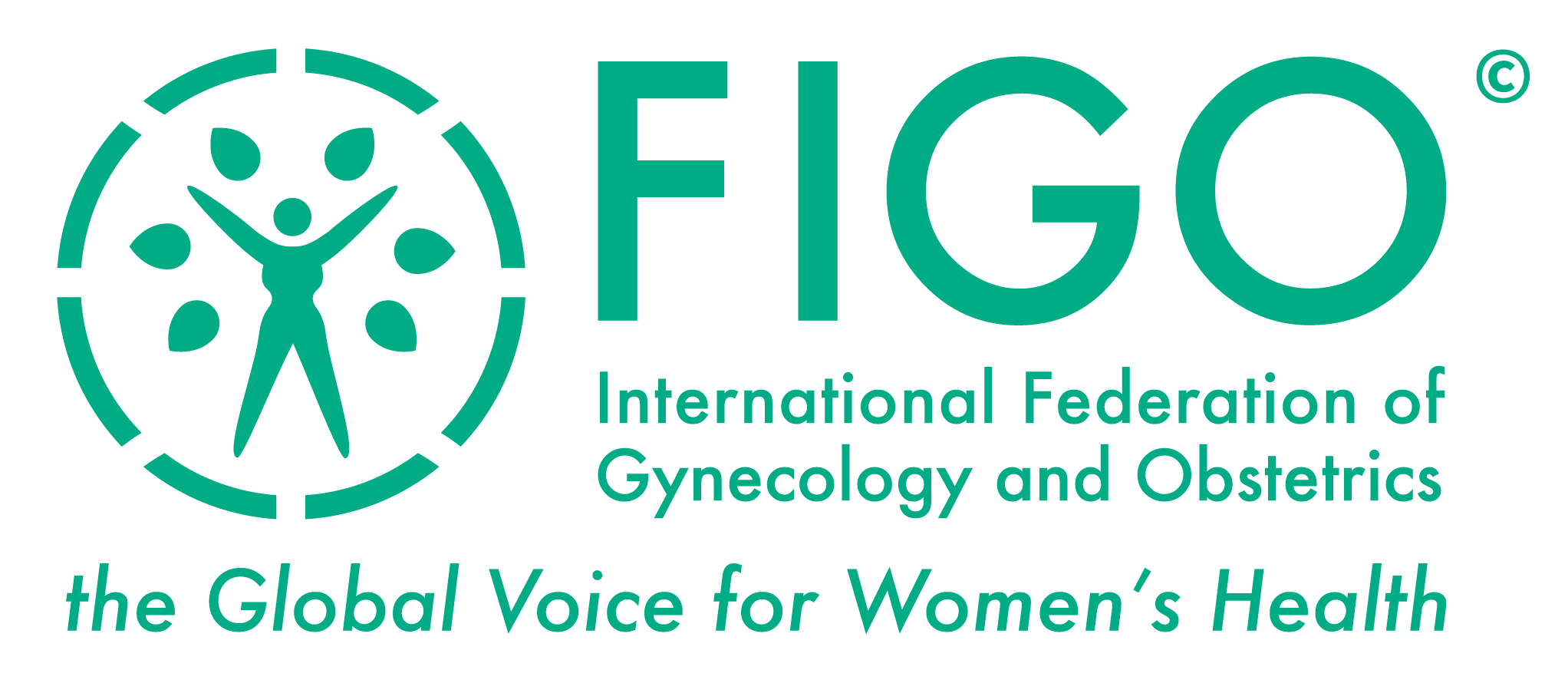
5. Non-discrimination: The rich are not more deserving of reproduction than the poor. Infertile people are as deserving of health care as people with other diseases.
There are wide disparities in the delivery of infertility services between developed and developing countries (Nachtigall, 2006). Poorer countries usually have few or no infertility services. Where services exist, they are often more difficult to access and are of lesser quality when compared to rich countries. In addition, there are often wide disparities between more and less affluent people in the same country regarding the type and quality of infertility care that can be accessed. As a result the majority of the world’s poor suffer from infertility without hope for effective treatment, while the more affluent can often access modern interventions either in their own country or through cross-border care. This is a major violation of social justice (Inhorn, 2009).
People, organizations and governments may try to justify this social injustice by stating that in low resource settings infertility services are not important or not needed because of overpopulation and high fertility rates. Such statements discriminate unfairly and unnecessarily against infertile people. First, fertile and infertile people should contribute equally to the reduction of population growth. Second, there are better ways of reducing high global fertility rates than by denying infertile couples access to treatment (ESHRE Taskforce on Ethics & Law, 2009).
People, organizations and governments may also argue that infertility services are not feasible because other, seemingly more important, health issues such as HIV/AIDS or maternal mortality use up all resources. This approach ignores the suffering associated with infertility. In addition, resources are often directed not only to other health needs but to other governmental projects, and these should also come under scrutiny when discussing limited resources. Governments must, of course, prioritize the allocation of (health) resources, but this prioritization should not result in the complete exclusion of one group of patients (ESHRE Taskforce on Ethics & Law, 2008; ESHRE Taskforce on Ethics & Law, 2009). Some form of relatively inexpensive infertility service is feasible in many low-resource settings.
Last, lack of commitment to infertility care may also reflect the view that poor people do not deserve assistance with reproduction because their offspring have high morbidity or mortality or suffer otherwise from neglect. Truly, assistance with procreation should not be offered if there is a high risk that the future child will die prematurely or be seriously neglected. But extrapolating this argument to all people who live under compromised conditions is discriminatory and therefore unethical.
A landmark ruling on infertility and access to treatment was passed by the Inter-American Courts of Human Rights in November 2012 (Zegers-Hochschild et al, 2013). Based on robust scientific evidence, the Court ruled that prohibition of assisted reproductive techniques in a Latin American country was violating the human right to private life, the human right to found and raise a family, and the human right to nondiscrimination. The ban of ART was considered discriminatory for three reasons: first, on the ground of disability because it prohibited legal means of overcoming infertility, which was recognized as a disease; second, on the grounds of gender as women were seen as carrying the main burden of infertility; and last, on the grounds of financial means, as the poor were unable to access ART through cross-border care. Reparations included the ruling that the affected government make ART accessible within its public health system. This landmark decision by a Human Rights Court underpins the Millennium Development Goal 5b ‘Universal access to reproductive health’ and instructs governments on the intimate linkage of human rights and reproductive rights.
